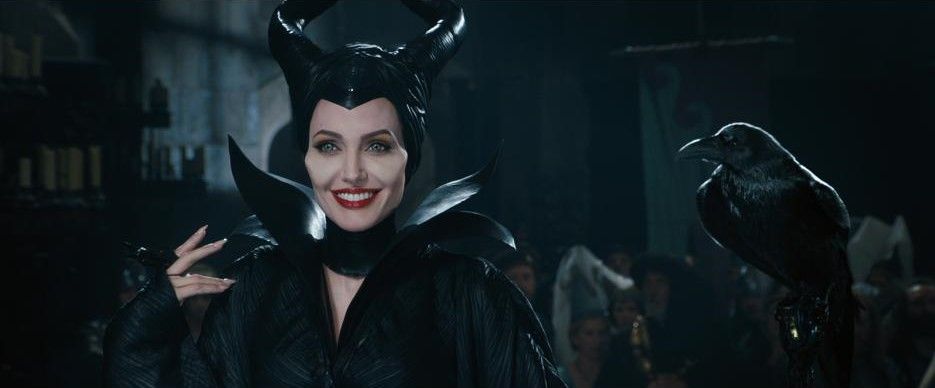By Lorna McGregor-Smith, Second Year, Mathematics with French
Disney’s live-action remake conveyor belt is ruining the beauty of the remake. I wonder how they keep it from overheating because its been running non-stop since 2014. Every year since then we’ve been served at least one live-action remake of an animated Disney classic and it looks like it’s never going to stop.
The remake has very honest origins. Generally it retells the initial narrative with a twist and fresh perspective or with a technical upgrade to introduce the classic story to a new generation. The best remakes do not eclipse their original, but enhance it, as with the likes of Charlie and the Chocolate Factory (2005), King Kong (2005) and True Grit (2010).
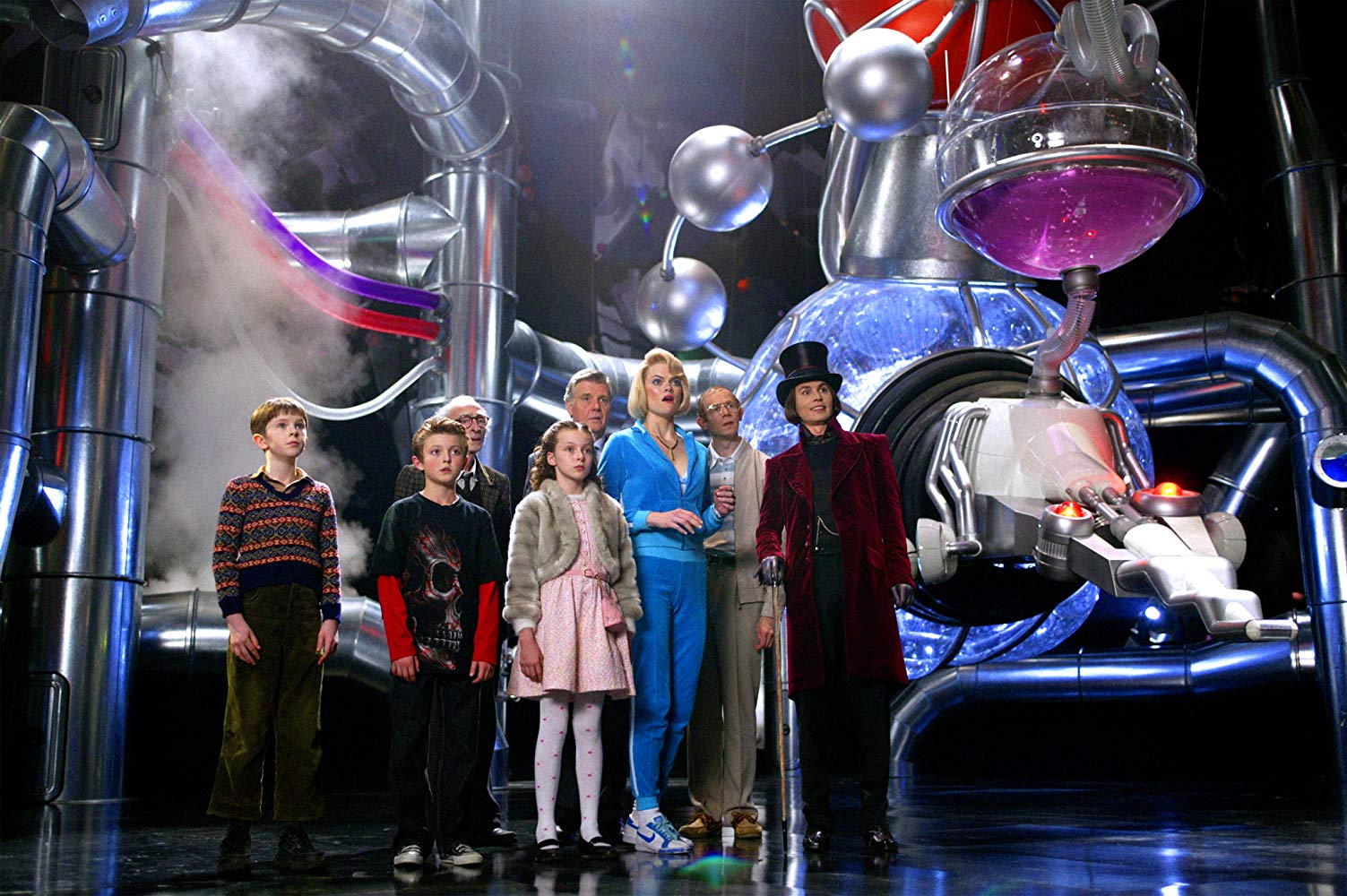
Even Disney’s own The Parent Trap (1998) springs to mind, not a remake of an animation but a historic example of Disney’s ability to revamp a film ensuring it is injected with enough originality so as not to render it redundant. Say it with me, there is no point making a film that already exists!
| Mary Poppins Returns is a disappointing reincarnation of the classic musical
Nowadays, however, Disney’s remakes are so frequent that they cannot maintain this standard. They dilute the genre and ruin the films that actually have a place in the new Disney generation. Maleficent (2014), the genesis of the modern era of Disney remakes, tells the story of Snow White and the Seven Dwarves (1937) from the point of view of its titular villain, giving scope for a fresh perspective and new branches of emotional impact.
Four years earlier, Alice in Wonderland (2010) ran no risk of being accused of telling the same old story yet again. Its sophisticated additions to the plot married with the most exaggerated example of Tim Burton’s iconic aesthetic, giving plenty of value to this version of one of the most told stories in the western fairytale.
Unfortunately, the bulk of Disney’s live-action remakes are extremely lacking in innovation and flare: that is they are drab, cheap-feeling reproductions. The audience is a diva that needs to be constantly surprised and entertained. And they certainly do not want to sit through the same stories with the same songs, and sometimes practically the same scripts - I’m looking at you Beauty and the Beast (2017).
In Kenneth Brannagh‘s remake of Cinderella (2016), the added songs add little to the story’s charm and only serve to draw out the runtime to 1 hour 54 minutes, a dull 38 minutes longer than its 1950 original. This boredom is offset by the underwhelming visuals of the glitz and magic, which are drab and have none of the vibrant glamour you’d expect. This inappropriately dimly-lit remake isn’t worth squinting at to make out the action.
Disney's remakes dilute the genre and ruin the films that actually have a place in the new Disney generation
By contrast, Dumbo (2019) is visually very successful. In Tim Burton’s most bubblegum film to date, the animated Dumbo is heartwarming and the colour schemes are bright and endearing. However, this is not enough to fuel interest for the duration of a feature film and its underwhelming plot and neglected characterisations left it in the pile of Disney’s unnecessary remakes.
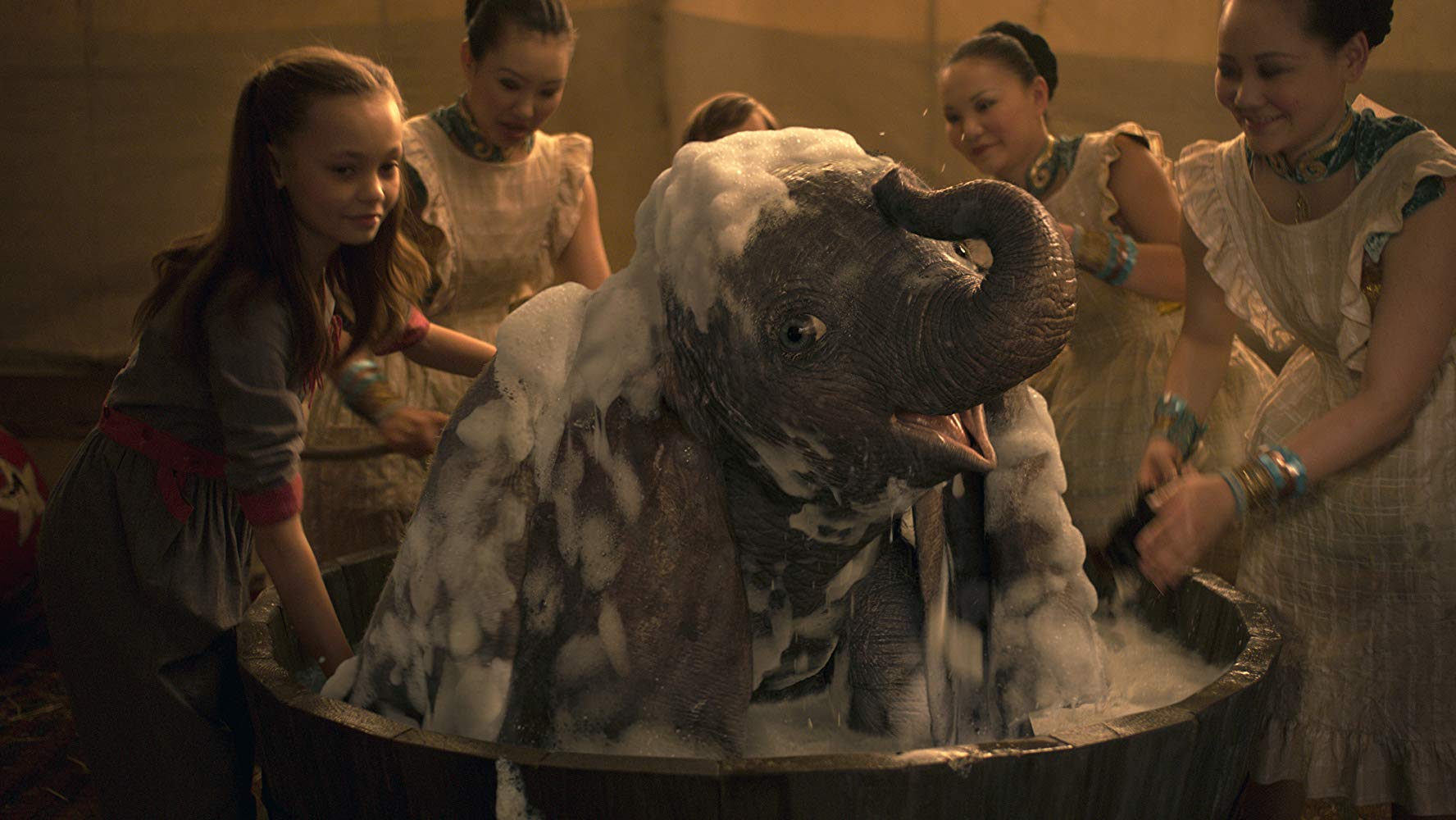
Even where there is potential, these poor mediocre remakes aren’t given the chance to flourish. Because Disney inevitably choose their most iconic films to remake - as they clearly will be the biggest moneymakers - the shoes to fill are way too big and the nostalgia card trumps any objective cinematic improvements made. The Jungle Book (2016), despite stunningly and endearingly telling the story of the Rudyard Kipling book, failed to bring a valuable addition to the well-loved 60’s classic, bringing the necessity of its creation into question.
| Tim Burton reimagines the Disney classic Dumbo
Another fundamental issue with this relentless production of live-action remakes is the rehashing of Disney’s problematic past. Given Disney’s limited representation of minorities, historically, inevitably these remakes contribute little to the diversification of representation in film.
Despite an arguable potential to diversely cast a traditionally white story, with the recent confirmation that Halle Bailey is cast as Ariel in the upcoming remake of The Little Mermaid (tbd), Disney have as yet failed to realise this potential. Only in this past year have we seen the first 2 of 16 total live-action remakes with a cast that isn’t nearly entirely white; Aladdin (2019) and The Lion King (2019). Notwithstanding this opportunity for diversity, The Lion King is the perfect example of a live-action remake flop.
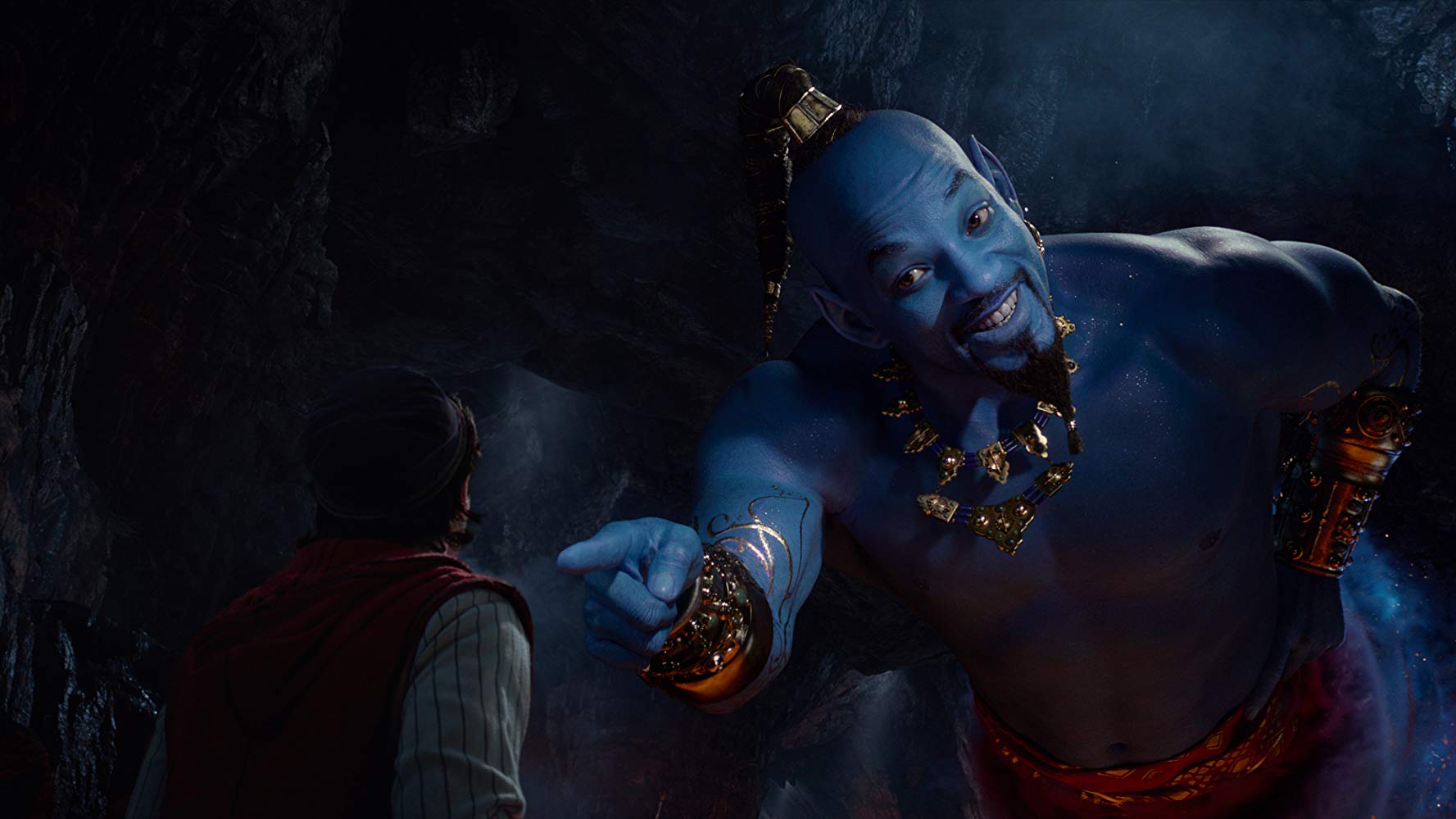
Despite being the highest grossing of the remakes at the global box office - $1.657 billion - as a viewer The Lion King is out-right insulting. Aside from a fresh version of the sound-track with a few new award-deserving songs - cough, Beyonce was snubbed at the 2020 Golden Globes - the film gives less than nothing to the outstanding original.
If this relentless flow of unnecessary and underwhelming remakes is maintained, it could dominate Disney’s whole repertoire
It is a near shot-for-shot low quality, poorly acted clone of the original. Jon Favreau’s decision to tone down the facial expressions and lip syncing makes the viewing experience of this photorealistic animation unacceptable coming from the birthplace of commercial animation. This muting of expression clashes terribly with the loudness and soul of the story and its music.
Favreau’s motivation for this was to achieve an even more realistic effect but this is unsatisfactory, especially as his film is preceded by several advancements in the expressive range of CGI lions specifically. Narnia’s Aslan (Liam Neeson and Stephen Thorne) had us laughing and weeping 14 years ago all while looking real as day.
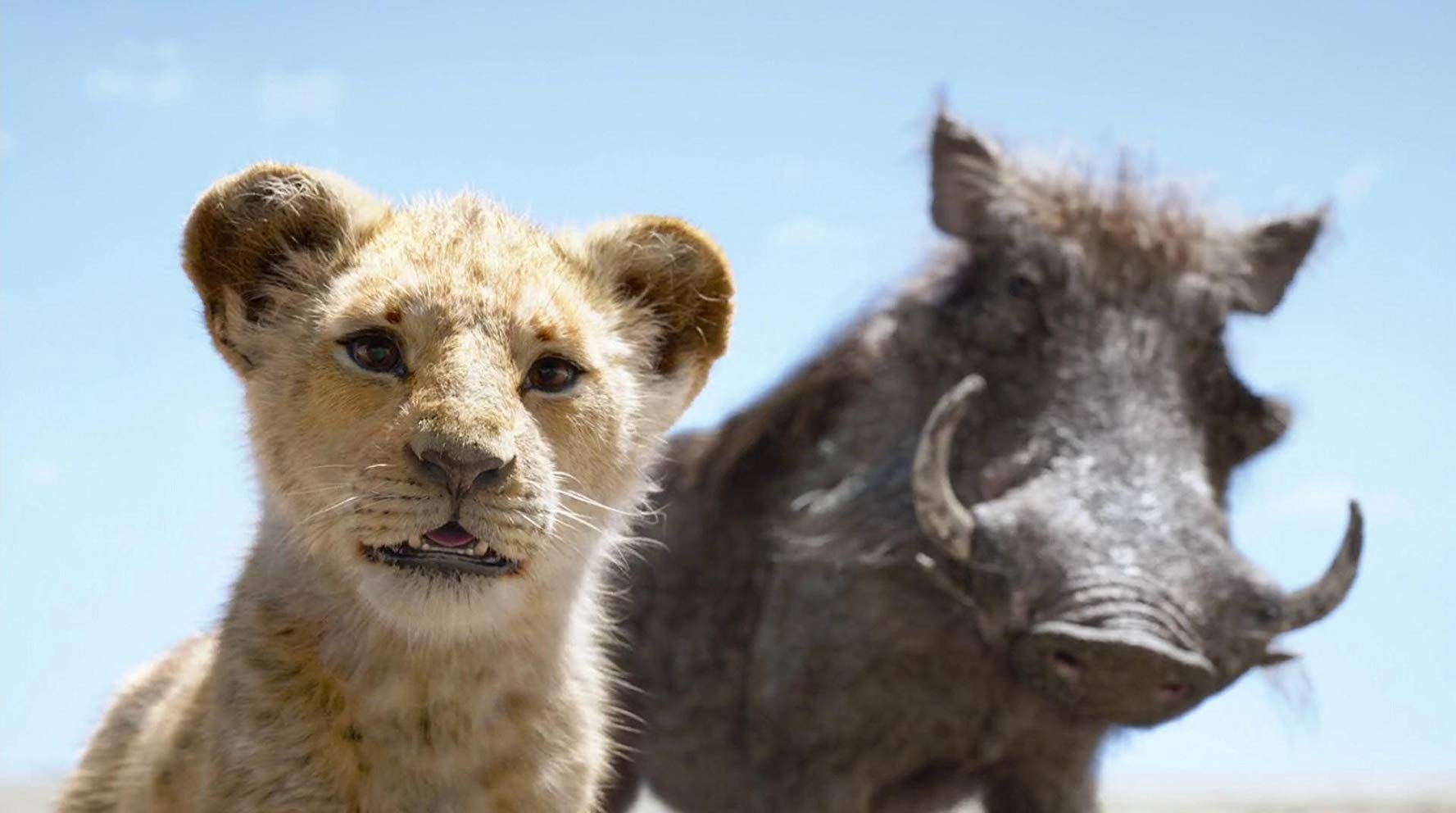
Being the most recent, The Lion King is a clear indicator of the increasingly slap-dash nature with which these remakes are thrown together. It was one of five live-action remakes released by Disney in 2019 alone. And there isn’t much hope for the future. As deadlines get shorter and shorter and the animation giant’s film announcements get more and more frequent, the general quality of these thoughtless remakes will decline further.
| Frozen II: Enchanting, mystical second outing or quick Disney cash grab?
It must be said that during this epidemic, Disney has continued to produce wonderful original animations, showing their magic touch with animation has not been spiked by the hollowness of their live-action remake. However, if this relentless flow of unnecessary and underwhelming remakes is maintained, it could dominate the company’s whole repertoire. Maybe we are witnessing the dawn of an era of sifting through Disney films to find the gems that used to be guaranteed every time.
Featured: IMDb / Disney Enterprises, Inc.
What do you think of Disney's obsession with the soulless remake?

